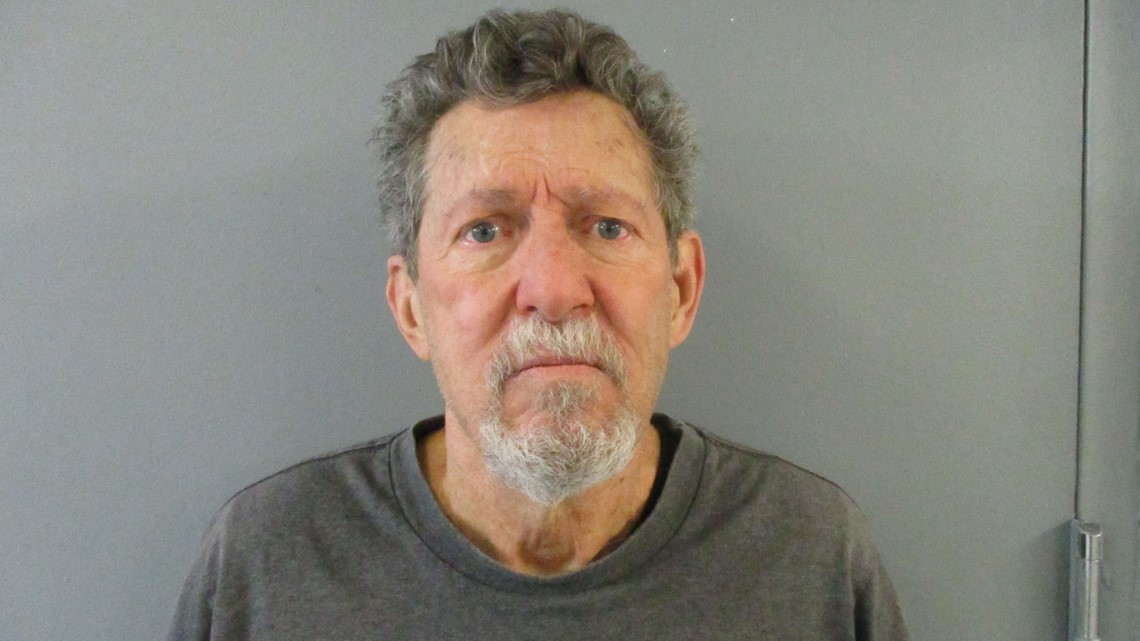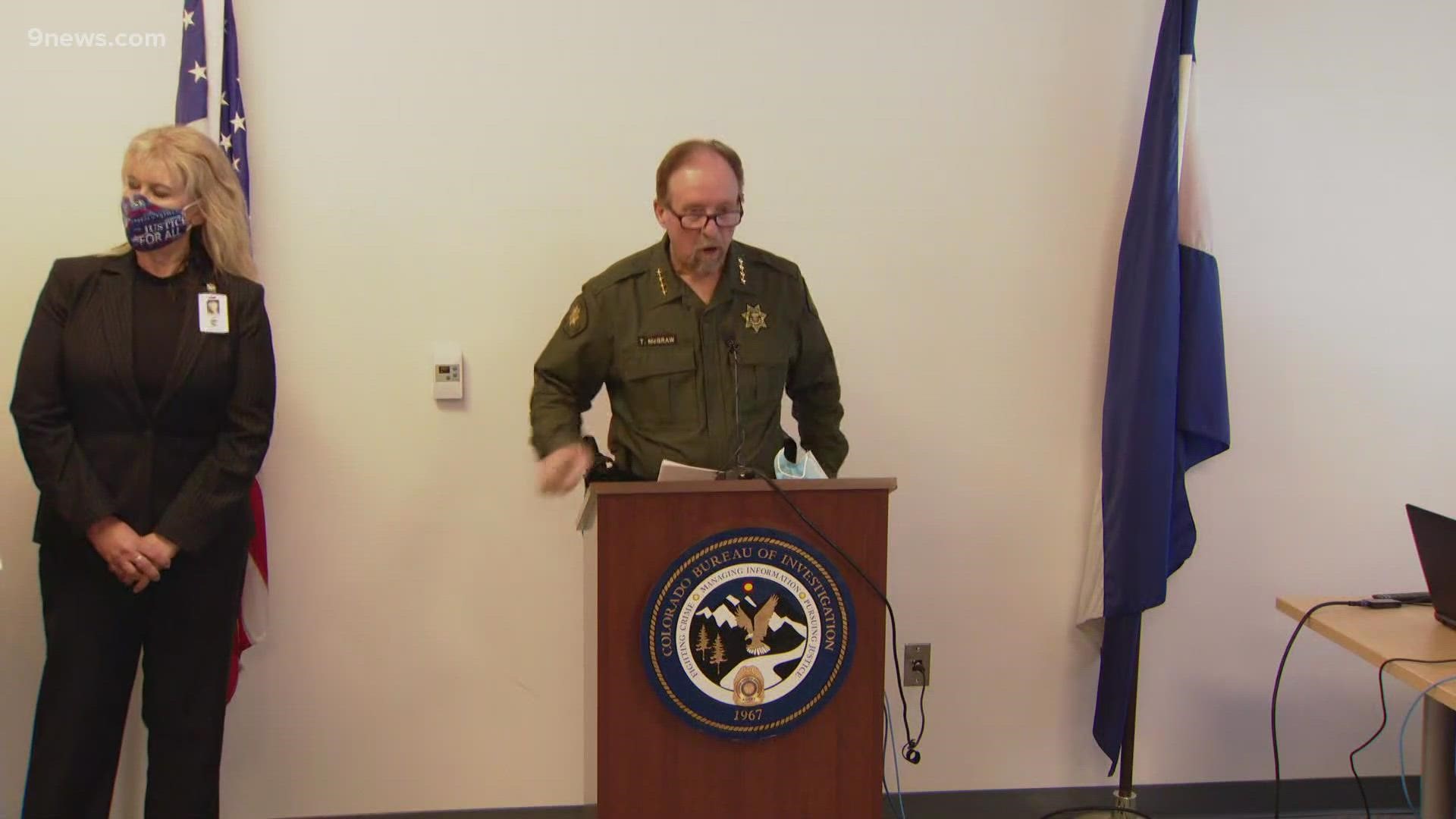PARK COUNTY, Colo. — Genetic genealogy led to the arrest of a 70-year-old in connection to the 1982 killings of two women who were last seen hitchhiking south of Breckenridge in January of that year, according to Park County Sheriff Tom McGraw.
Alan Lee Phillips was arrested Feb. 24 on the following charges in two crimes committed on Jan. 6, 1982:
- Kidnapping
- Assault with a deadly weapon
- Murder after deliberation
According to Park County Combined Court, the named victims in the case are Annette Schnee, 21, and Barbara Oberholtzer, 29.
McGraw said during a 1 p.m. news conference Wednesday that the women were last seen hitchhiking near Breckenridge in January, 1982.
Schnee was last seen about 4:45 p.m. on Jan. 6, 1982, according to the cold case database from the Colorado Bureau of Investigation.


Her body was found about six months later on July 3, 1982, in rural Park County, about 20 miles south of Breckenridge, according to CBI. She appeared to have been shot in the back at the location where she was found, according to information from the database.
Oberholtzer was last seen at 7:50 p.m. on Jan. 6, 1982, and her body was found about 3 p.m. the following day near the summit of Hoosier Pass, about 20 feet off of the highway and down a snow embankment.


She had been shot in the chest, according to the cold case database.
Once genetic genealogy tied Phillips to the murders, law enforcement spent the last six weeks investigating and conducting surveillance before arresting the semi-retired mechanic without incident during a traffic stop in Clear Creek County, McGraw said.


McGraw said Phillips, a resident of Clear Creek County who has resided in Colorado since the murders, was taken to the Park County Jail, where he is being held without bail. His next court date is scheduled for Friday.
Metro Denver Crime Stoppers helped fund the use of genetic genealogy in the case. The relatively new technology has helped bring closure in at least five cases over two years. The most recent case was the murder of Sylvia Quayle in her Cherry Hills Village home.
Though genetic genealogy, DNA samples from crime scenes are specially sequenced and then uploaded to public DNA databases for comparison with the hope of finding a possible relative of the suspect. From there, investigators work through family trees to eventually come up with the suspect's identity.
McGraw also asked for anyone with information in the case to call a special tip line at 720-248-8378.


Two detectives who have been working the case since 1989 — Park County Det. Sgt. Wendy Kipple and retired Denver Det. Charlie McCormick — spoke to their emotions related to Phillips' arrest at Wednesday's news conference.
"It's a relief to have this done and to have an arrest and to give closure to [the] families," Kipple said. "These cases get into you, and you can't let go."
"I've been trying to define my emotions, and it's been very hard to do," McCormick added. "It's like a new beginning or an old death...I'd never thought I'd see the day, frankly."
A partnership between Metro Denver Crime Stoppers and United Data Connect — which is run by former Denver DA Mitch Morrissey and specializes in genetic genealogy — has led to the closure of five other Colorado cold cases in the past two years.
Metro Denver Crime Stoppers
Anyone with information can also call Crime Stoppers at 720-913-7867 or visit metrodenvercrimestoppers.com. Tipsters can remain anonymous and may be eligible for a reward of up to $2,000.
Metro Denver Crime Stoppers works by assigning a code to people who anonymously submit a tip. Information is shared with law enforcement, and Crime Stoppers are notified at the conclusion of the investigation.
From there, an awards committee reviews the information provided and, if the information leads to an arrest, the tipster will be notified. Rewards can be collected using the code numbers received when the tip was originally submitted.
> More information about Metro Denver Crime Stoppers can be found here.
> Additional Crime Stoppers bulletins can be found here.
SUGGESTED VIDEOS: Investigations from 9Wants to Know


